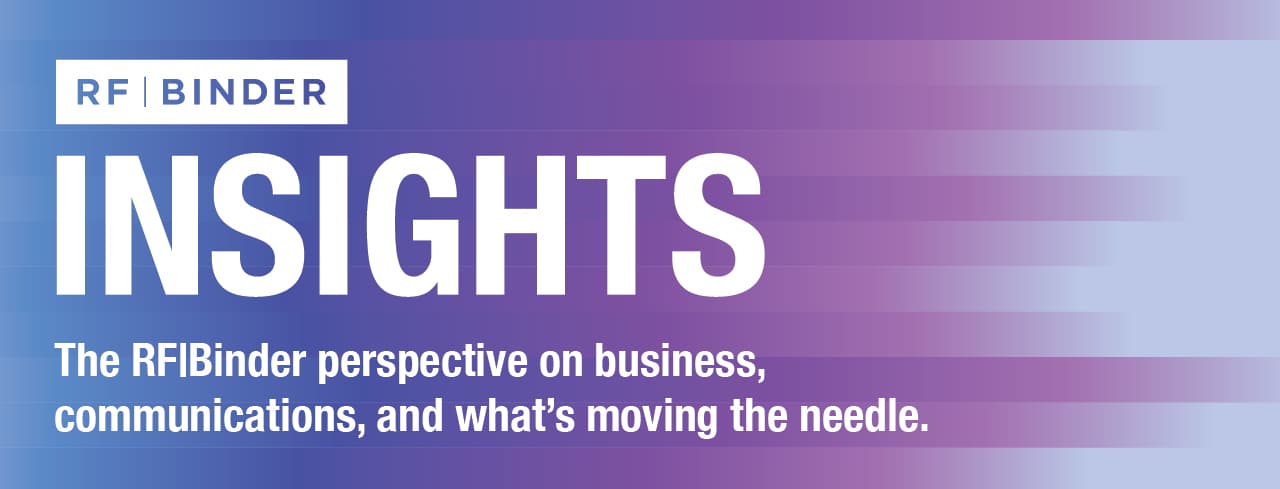Is it time for financial services marketers to say, “OK boomer,” and turn more of their dollars and attention to the next generation(s) of wealth creators?
For decades, marketers have heaped piles of dollars on the boomer demographic—hoping to win trust and wallet share from a generation that makes up 20% of the country’s population and owns more than 50% of its net wealth, according to the Economist.
But the times they are a changin’. About 10,000 baby boomers a day are moving into retirement, spending their wealth instead of growing it. And as boomers die, much of their worldly possessions will be passed on to younger generations—an estimated $84 trillion between now and 2045, with $16 trillion of that taking place over the next decade.
With so much money in motion, finding ways to connect and build trust with “next-gen” investors—namely Gen Z and Millennial investors—will be important for any financial services firm’s growth plans. But cracking the code on these younger investors is proving to be a challenge for banks, brokers, financial advisors and asset managers alike.
“A lot of younger investors have never seen a bear market or double-digit interest rates, and things like frictionless trading make it more challenging for them to invest for the long term,” said Bill McBride, executive managing director at RF|Binder. “To be successful, firms need to break through the noise and connect with these investors and their values on their terms.”
Here are six factors to consider when reaching out to next-gen investors:
Know what makes these investors tick: The old marketing playbook won’t work with the next generation of investors. Firms need to modify communications and meet younger investors where they are. If you’re not used to working with Millennial and Gen Z investors, the best way to overcome generational blind spots is to hire employees from that generation and find opportunities to learn from them. You will gain insider knowledge, an authentic voice, cultural relevancy and understanding that can be applied to building campaigns and messaging that appeal to Gen Z and Millennial investing practices.
Highlight sustainable investing practices: Surveys report that Millennials “seek a more sustainable type of capitalism and gravitate toward environmental, social, governance (ESG) and impact investing,” and they want to know that their investments consider not just shareholders, but all stakeholders. Jill Metzger, senior director of sustainability and organizational development at RF|Binder, says that next-gen investors are focused on aligning their investments with their values. It would behoove financial services firms to emphasize sustainable investment options and showcase their own sustainability initiatives and commitments.
Tailor education and advice: Next-gen investors are active, with 70% of retail investors under the age of 45. They also have financial literacy rates that hover below 50%, so education is essential. The good news is that Millennial and Gen Z adults are hungry for financial advice. Investment firms need to create a multimedia library of educational resources covering investment fundamentals—from retirement planning and diversification to behavioral finance and tax education. A variety of mediums, including webinars, podcasts, videos, and articles, is essential as well. And if scale allows, consider offering one-on-one consultations with wealth professionals closer in age to next-gen investors. This can also help build trust for your brand.
Speak their visual language: Capturing the attention of next-gen investors amid 24-hour news, nonstop advertising, and the infinite scroll of social requires marketers to convey their brand’s message through a distinct and relevant visual language, says RF|Binder Chief Creative Officer David Weinstock. Effectively applying authentic cultural relevance to brand identity dramatically improves communication and builds emotional connections with consumers. The “establishment” images that worked with boomers won’t cut it with investors who grew up with GIFs and emojis and take a much more skeptical approach to brands. Weinstock says brands like Robinhood, Betterment, and other financial services brands have captured the next-gen zeitgeist and do so with a distinctive visual language that speaks to younger prospects and clients.
Get social: Next-gen investors spend significant time on Instagram, TikTok and other platforms, and are five times more likely to get financial advice from social media. “Finfluencers” like Milan Singh provide education and advice on a range of topics to millions of followers, from individual stock analysis to 401(k) plans to millions of followers, so they are a factor that can’t be ignored. While you may not have finfluencer status, providing relevant social media content, financial tips, and updates about market trends will keep you on the radar. Beyond social media, a user-friendly and mobile-responsive website, including research, educational content, explainer videos, calculators, and investment tools is an essential part of the marketing toolkit.
Build Trust: No matter the generation, trust is a critical factor in financial services. While some of the old builders of trust—investment performance and financial security—are still relevant, Millennial and Gen Z investors place a premium on transparency and personalized engagement. Find ways to tailor communications to their preferences, whether it’s through email, SMS, or social media and consider upping the frequency from the traditional quarterly report to a pace that fits the turned-on world of the next generation of wealth creators.
If you’re looking to create greater impact through an integrated marketing and communications campaign to effectively reach the younger generation, get in touch and let’s have a conversation.

